US tanks in Germany on way to join Europe’s NATO mission
Hundreds of US tanks, self-propelled howitzers and other military vehicles have arrived in the German port city of Bremerhaven to be moved to Eastern Europe in an attempt to reinforce NATO’s military presence in the region amid Russia’s protests.
Friday’s deployment of 87 tanks and 144 Bradley fighting vehicles marks the start of a new phase of the Operation Atlantic Resolve, which was initiated by the US in 2014 to reassure NATO allies amid alleged threats by Russia.
About 3,500 troops from the 4th Infantry Division in Fort Carson, Colorado, are also expected to join up with the military equipment over the next two weeks.
Beginning in February, the new forces will gather first in Poland before spreading out across seven NATO member states, from Estonia to Bulgaria.
Major General Timothy McGuire, deputy commanding general of US Army Europe, claimed that the deployment was “a tangible sign of the United States’ commitment to maintaining peace on this continent,” adding “The best way to maintain peace is preparation.”
Germany's Left Party denounced the deployment and stressed that "Tanks never create peace anywhere.”
"Quite the contrary, a troop deployment of such a scale is part of always increasing buildup and provocation,” said Christian Goerke, the party leader in the state of Brandenburg.

Washington also plans to deploy a combat aviation brigade, comprising some 10 Chinook and 50 Black Hawk helicopters, 24 Apache attack choppers, 1,800 personnel from Fort Drum, New York, and 400 others from Fort Bliss, Texas.
The forces will be headquartered in Germany with some aircraft positioned in Poland, Latvia and Romania.
This is while Germany plans to send troops and tanks to Lithuania and the UK mulls dispatching warplanes to the Black Sea area with a battalion of soldiers, tanks and light armor in Estonia in the spring.
NATO has stepped up its military build-up near Russia’s borders since it suspended all ties with Moscow in April 2014 after the Black Sea Crimean Peninsula re-integrated into the Russian Federation following a referendum.
Moscow has on many occasions slammed NATO’s provocative expansion near its borders, saying such a move poses a threat to both regional and international peace.
VIDEO | Press TV's news headlines
VIDEO | Muslims across India begin holy month of Ramadan
Hamas condemns Trump's 'Board of Peace' meeting
Iran and Saudi FMs discuss outcomes of latest indirect Iran-US talks
VIDEO | Maritime anti-terrorism drill
Ex-prince Andrew released after arrest in connection with Epstein files
Iran elected vice-chair of UN Special Committee on Charter
Iran envoy says decision made to exchange ambassadors with Egypt


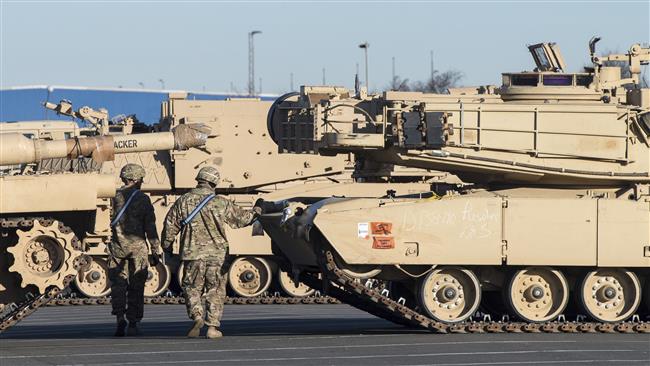
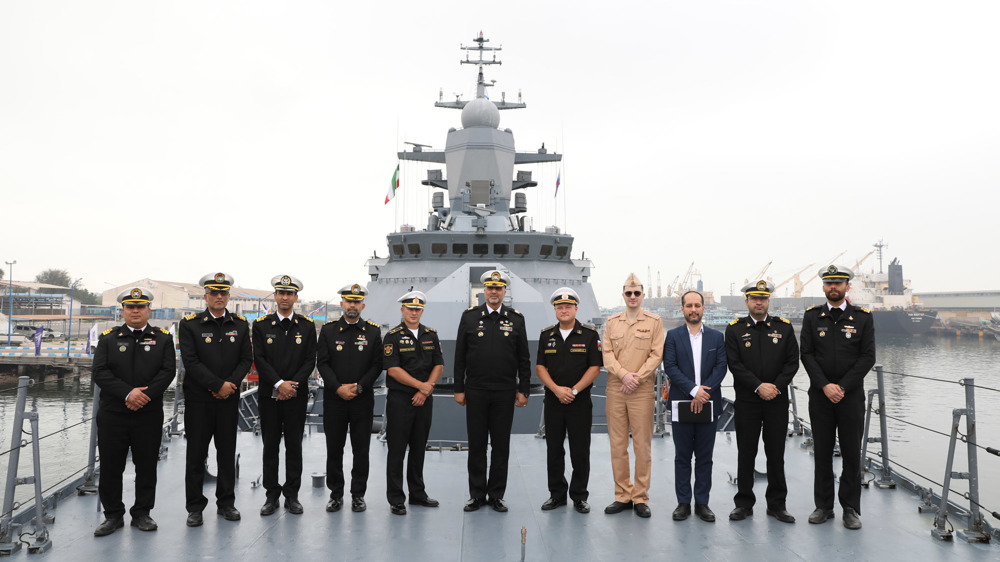
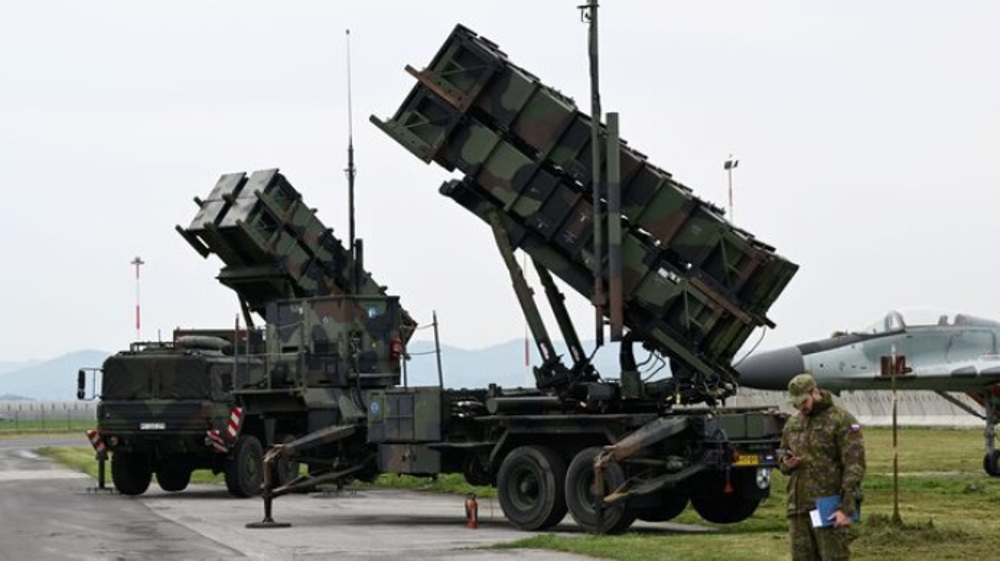
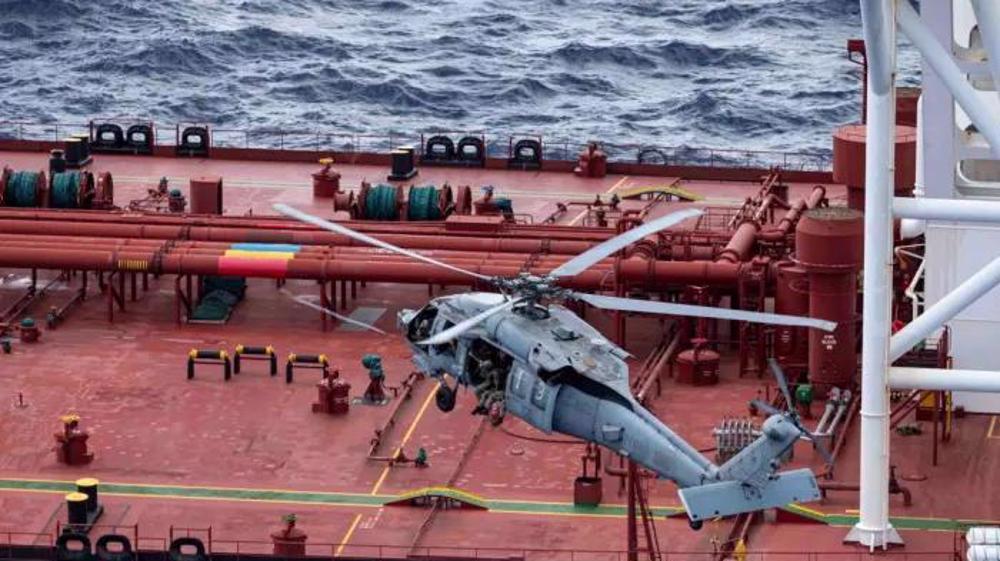



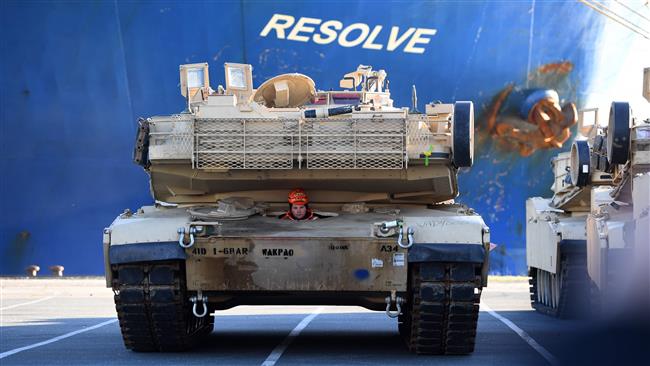
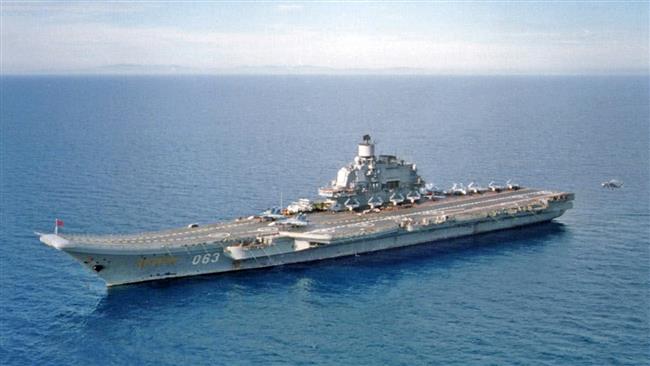




 This makes it easy to access the Press TV website
This makes it easy to access the Press TV website